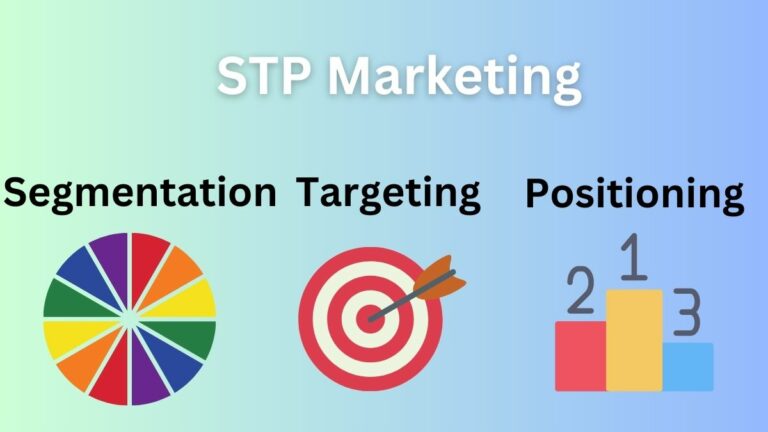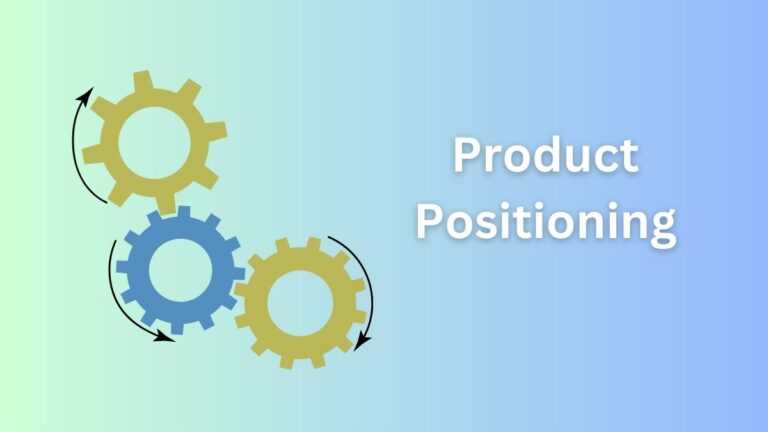The 7 Principles of Insurance Contract
Principles of Insurance Insurance is a legal contract between the insurer (insurance company) and the insured (policyholder i.e. individual or a business). Understanding the principles of insurance and how these principles work can be beneficial for you in deciding whether or not you need the insurance contract or not. Further, these principles let you decide…








